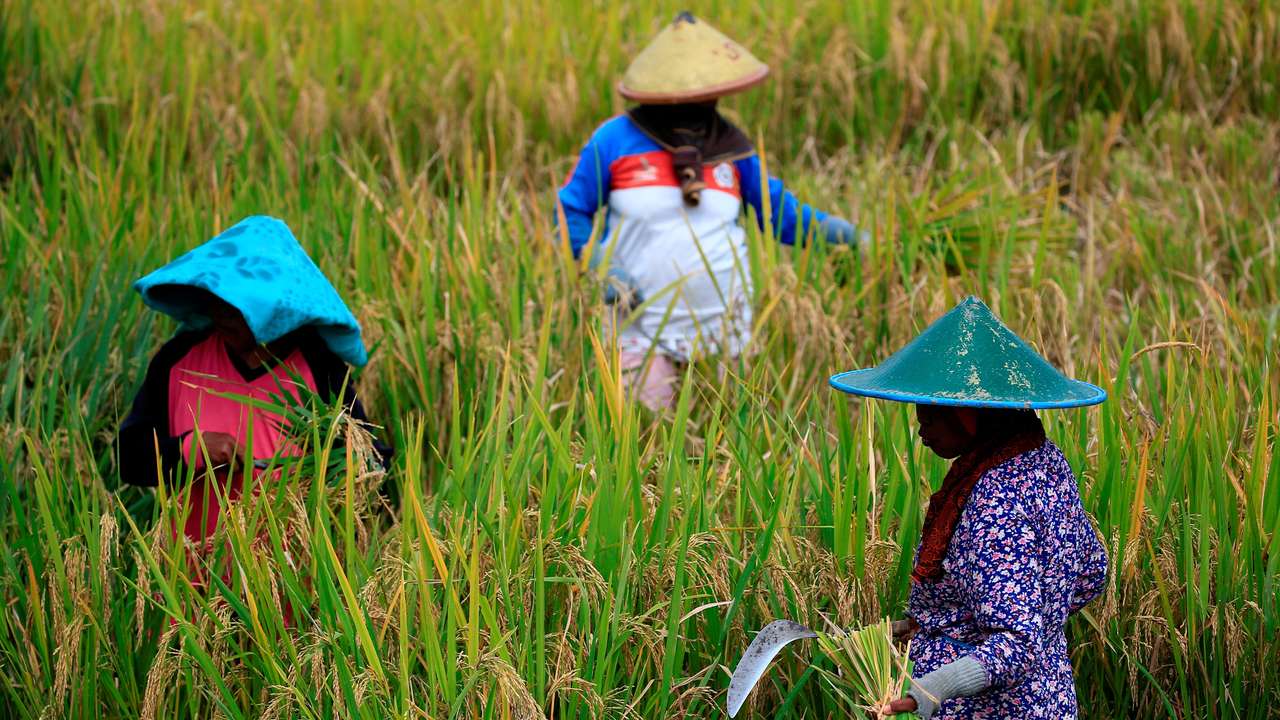Chinese scientists discover gene that boosts rice heat tolerance, yields by 77%

Chinese researchers have identified a breakthrough gene that could reshape rice farming in a warming world.
The gene, QT12, significantly enhances rice's ability to withstand high temperatures while maintaining grain yield and quality, offering new hope for food security amid intensifying climate change.
A research team from Huazhong Agricultural University found that QT12 interacts with the NF-Y protein complex to protect developing grains during extreme heat, stabilising starch and protein synthesis even under environmental stress, the Tribune reports.
In field trials conducted during last year’s record-breaking heatwaves, rice plants modified with QT12 showed remarkable results. When inserted into the hybrid rice variety “Huazhan,” yields increased by up to 77.9% in cities across China’s Yangtze River basin, a region that produces two-thirds of the country's rice.
“These results demonstrate QT12’s potential as a powerful tool to combat yield loss caused by rising global temperatures. This gene offers a novel molecular strategy to breed rice that performs well under heat stress without compromising quality,” said Li Yibo, the study’s corresponding author.
Li added that the discovery not only provides insight into the molecular mechanisms of heat tolerance in rice but also opens new avenues for developing climate-resilient crop varieties.
The research team is now collaborating with domestic agricultural companies to fasten the integration of QT12 into commercial rice breeding programs.